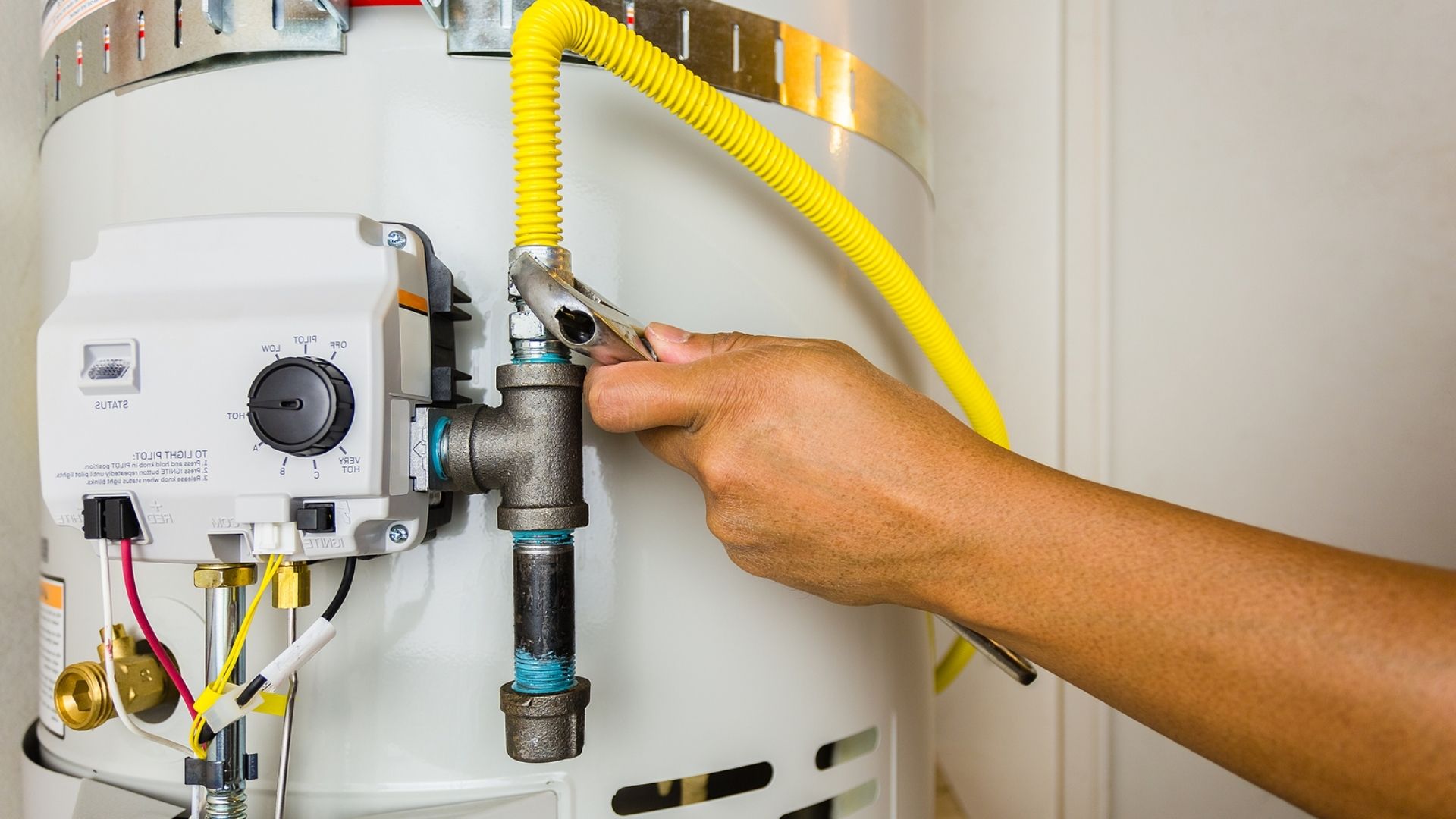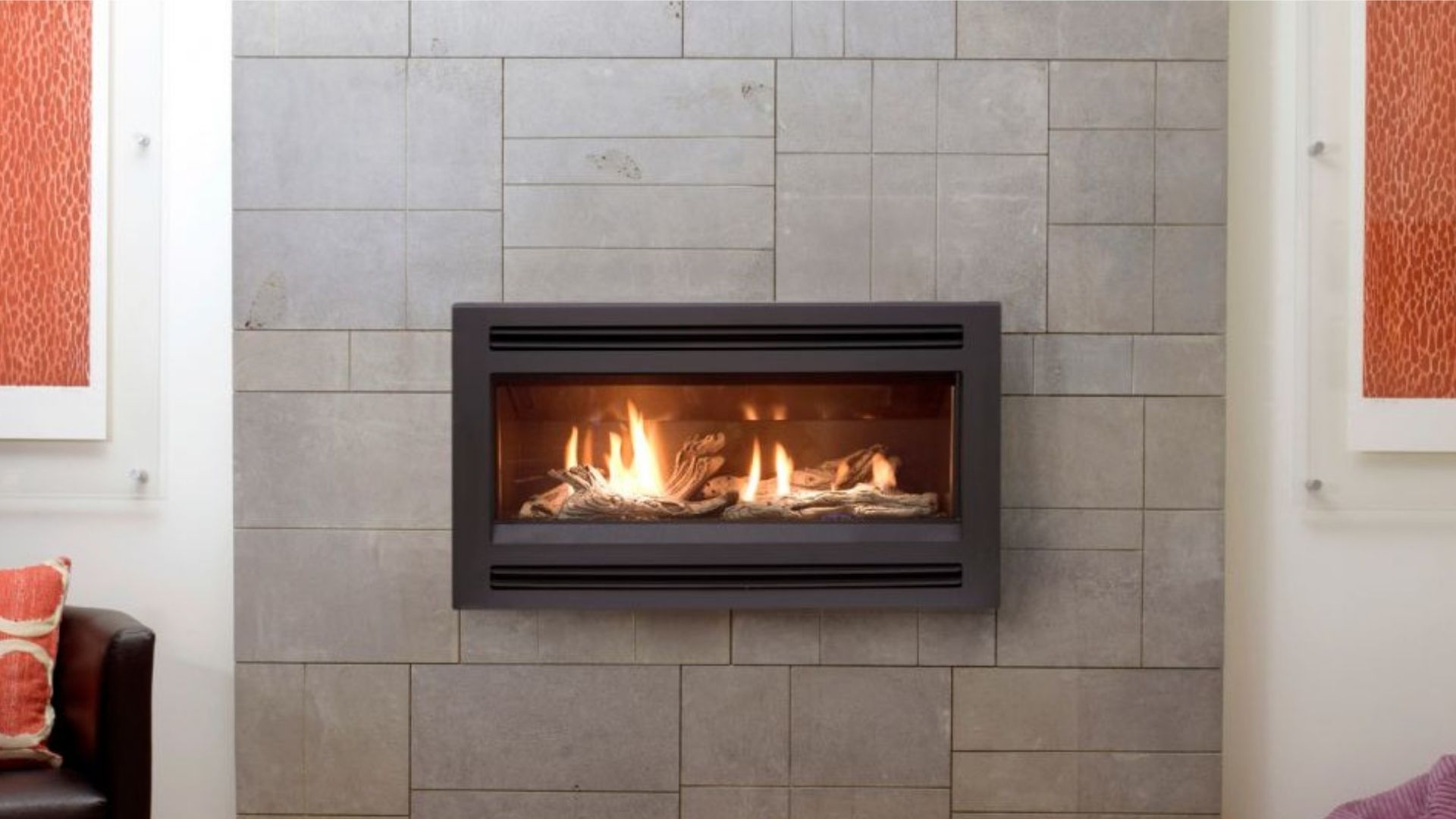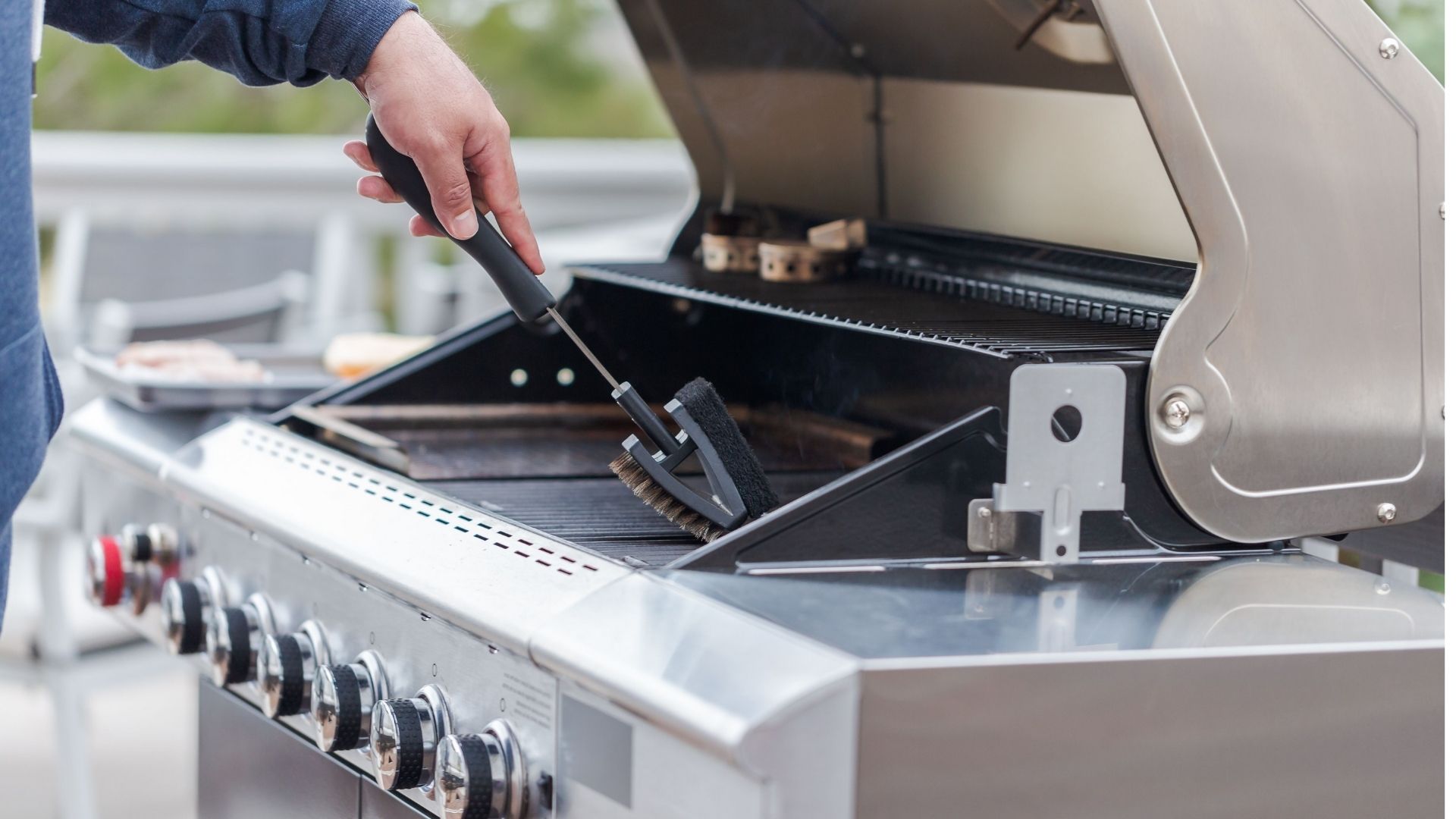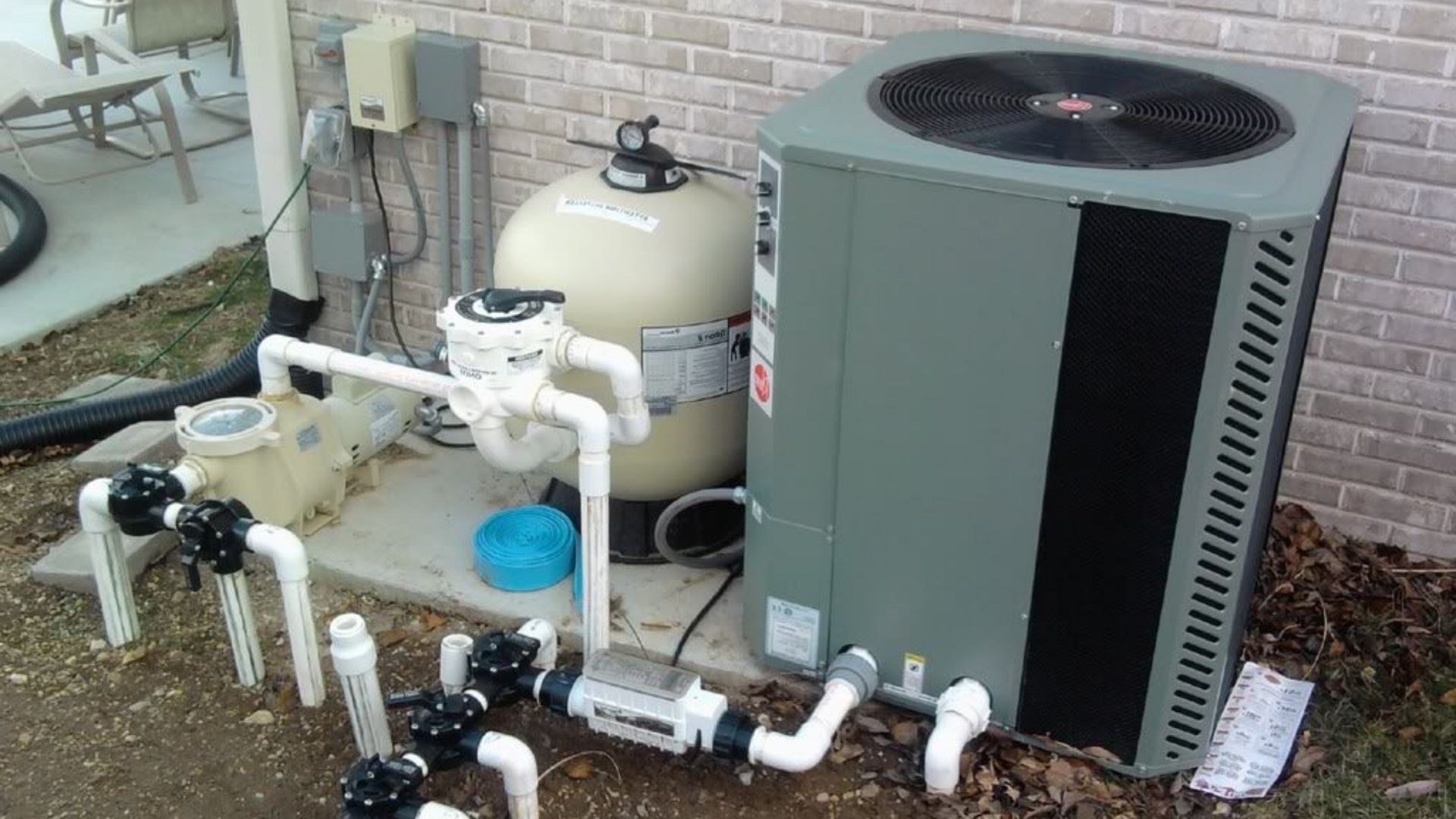7:00AM to 5:00PM
Using natural gas and other fossil fuels as an energy source has been quite a journey, from street lights to home appliances.
The natural gas industry, drilling natural gas deposits or through hydraulic fracturing, has been part of history far longer than we could imagine. However, natural gas production was only used to illuminate the streets and provide light in buildings back in the day. With time, oil and gas resources like shale gas and liquified natural gas only became a common energy source in the industrial and domestic sectors. When there came a shortage of crude oil, huge quantities of natural gas reservoirs became significant. One of the biggest reasons natural gas reserves have become so popular in the many selections available is their economic and convenient nature, making it easier to deliver and transport natural gas to your residential and commercial properties, whether liquefied natural gas or not.
Additionally, while it’s a nonrenewable energy source, let’s not forget that natural gas is a fossil fuel, making it a much more environmentally friendly alternative for a gas supply when burning natural gas. Compared to other gases and energy providers, natural gas emits less carbon dioxide, helping lower greenhouse gas emissions.
If you want to shift from other energy sources toward fossil fuels and natural gases or want more information about them, this guide is for you. Read below to learn about some advantages and uses, what natural gas produces, and details on which appliances can be powered using natural gas.
Now, without further ado, let’s get to it and explore the natural gas fields!
One of the biggest reasons many industries opt to use natural gas is its abundance in nature. When used cautiously and wisely, the natural gas supply can last for a few hundred years, allowing the sectors to thrive.
A natural gas plant takes half the time and resources to set up compared to a coal plant. While it takes less time to set up, production also takes less money.
Another advantage, aside from cost-effective production, is that it is a better option for environmental benefits. The carbon emissions in low natural gas seem better long-term, considering how much the climate changes yearly.
By now, it is established that gas is used for electricity. It is not as popular as other power sources like petroleum or coal, but it is definitely on the rise. Since there has been a rise in electric cars, we can expect a lot more natural gas usage as a source of power.
Additionally, natural gas can also be used for heating purposes. This is mainly because it has fewer emissions and the heating systems are more efficient. Even the industrial sector is using natural gas because of its benefits. As carbon emissions are lower, many chemicals, fertilisers, and even hydrogen are produced by natural gas.
The industry continues to use petroleum in transportation, but natural gas is also rising. This happens in compressed natural gas in many vehicles, including public transport.
As mentioned, natural gas is far better and cleaner than electricity and helps create a greener future. However, when it comes to affordability, it is a preferred source of power for many Australian residential customers.
Using natural gas is not too complicated in Australia, as network connections are available. This is why most households are already taking the gas connection route. Apart from being more environmentally friendly, it is also easier to handle. Piped connections are preferred since there is no scope for running out of gas.
However, if gas lines are not what you’re looking for, many houses have gas cylinders. It may not be as convenient as a pipeline, but it is just as helpful and proves an excellent alternative.
Be it for their heating system, cooking, or even powering certain appliances. Massive energy consumers such as central heating systems can now easily be shifted to a natural gas power source for efficient heating, and this is just the start.
Many environmentally conscious people are taking this step as it helps reduce their carbon footprint. Each person can choose to make the environment cleaner with lowered carbon emissions. The best thing is that higher gas usage means lower bills, which is not the case with other power sources.
Let’s not forget the majority of people in Australia love to barbecue, and some even have pools. For those people, using natural gas makes a lot more sense. Natural gasses best cater to the energy required to barbecue and heat pools during the winter.
We have established that natural gas can efficiently heat throughout the chill in the winter months. While electricity is a better idea for smaller spaces so you can steer clear of CO fumes, it’s not the case for outdoor spaces. When looking for the ideal way to keep an outdoor or ample space heated, open fireplaces with natural gas are a huge help.
Now, let’s get to the part of the article that you’re here for. We have established that using natural gas-powered appliances and systems is beneficial in many ways. But the question is, which appliances can it efficiently power? That is what we are here to discuss in more detail. Here are a few appliances that can be powered by natural gas:
Why not shift to natural gas dryers if you are tired of finding clothes wrinkled or creased? A natural gas clothes dryer is as efficient as any other dryer, maybe even more. This can generate more heat, allowing the clothes to dry faster. And since natural gas dryers do not tumble dry garments harshly, they don’t look worse than they went in.
Another benefit is that these dryers are far better for the environment than electric dryers because they use less energy.

Gas power is a good reason; gas-powered cooktops have been a typical installation in Australia and many places worldwide. Ame is much more robust in look and heat, making it a preferred choice for most Australian homeowners. Gas-powered stoves are much easier to handle since the flame can be visibly adjusted.
Since natural gas usage in any residence is in the homeowner’s hands, it directly affects the cost. If you don’t cook a lot or need to use a lot of gas, you can save quite a bit of money.

As discussed earlier, heating systems benefit the most from natural gas since it has the power to heat any space quickly. The same applies to water heating systems in tank and tankless water heaters. For the former, a gas burner ensures the water heats up, while the other has a gas-powered heating unit.
Like every other appliance, a gas heating system is more economical than an electric water heater. But that’s not all; the best thing is that you won’t have to wait long since water does not take long to reheat.
So, if your water heating unit is not pouring hot water, it’s wise not to cross off the gas line as a possible culprit.

Like water heating systems, fireplaces and furnaces can be powered by natural gas for more efficient heating and less carbon dioxide. These gas-powered heating systems can heat the home quicker and create a warmer environment than electric heaters. Additionally, using natural gas is much cleaner and safer than using wood for the fireplace.
The only thing to remember is that the room must be adequately ventilated using a natural gas heater. This is why we recommend natural gas heaters for outdoor heating arrangements. Since there is a risk of high CO emissions due to natural gas, having a detector can also help.

When in Australia, you can’t resist a good “Barbie,” and if you like to entertain, it often becomes a go-to activity. We have established that heating is quick with natural gas, so having a grill connected to the gas line could be highly beneficial.

Installing a pool, to begin with, is a significant investment, and then there is the whole matter of maintaining it. Having a pool in a cold place for a few months becomes a bit of a downside, which is why pool heating systems are popular.
If you are searching for an efficient way to keep the pool warm, look at those powered by natural gas. Additionally, it can be combined with solar heaters to give the heating extra push.

We finally end this short guide on natural gas and the potential appliances it can power.
There are still a few points and additional information to consider. Finding out if a gas line is even possible in your residential area is crucial. While it is abundant in nature, it may not be supplied in that region. So, verify and get it installed by an expert. Try to observe and compare gas prices, check out the different natural gas prices, and see which is more convenient for you. You might find yourself choosing an alternative with better gas prices. Also, don’t forget to install it in a well-ventilated area. Let’s not risk carbon monoxide poisoning! Especially with natural gas since you can’t smell gas with this one. When you suspect an unexpected high pressure in your gas line, contact a licensed gas fitter immediately.
Being safe is crucial, so getting CO detectors isn’t a bad idea either. On that note, we shall sign off. Until next time!